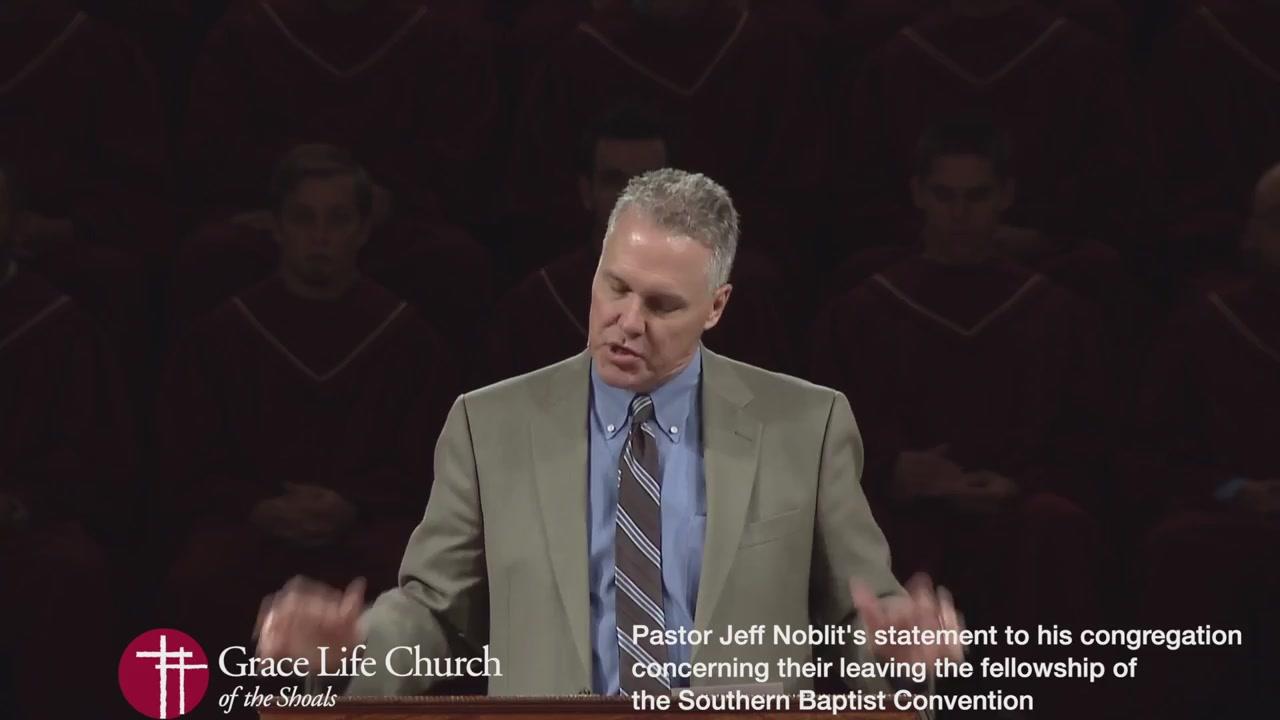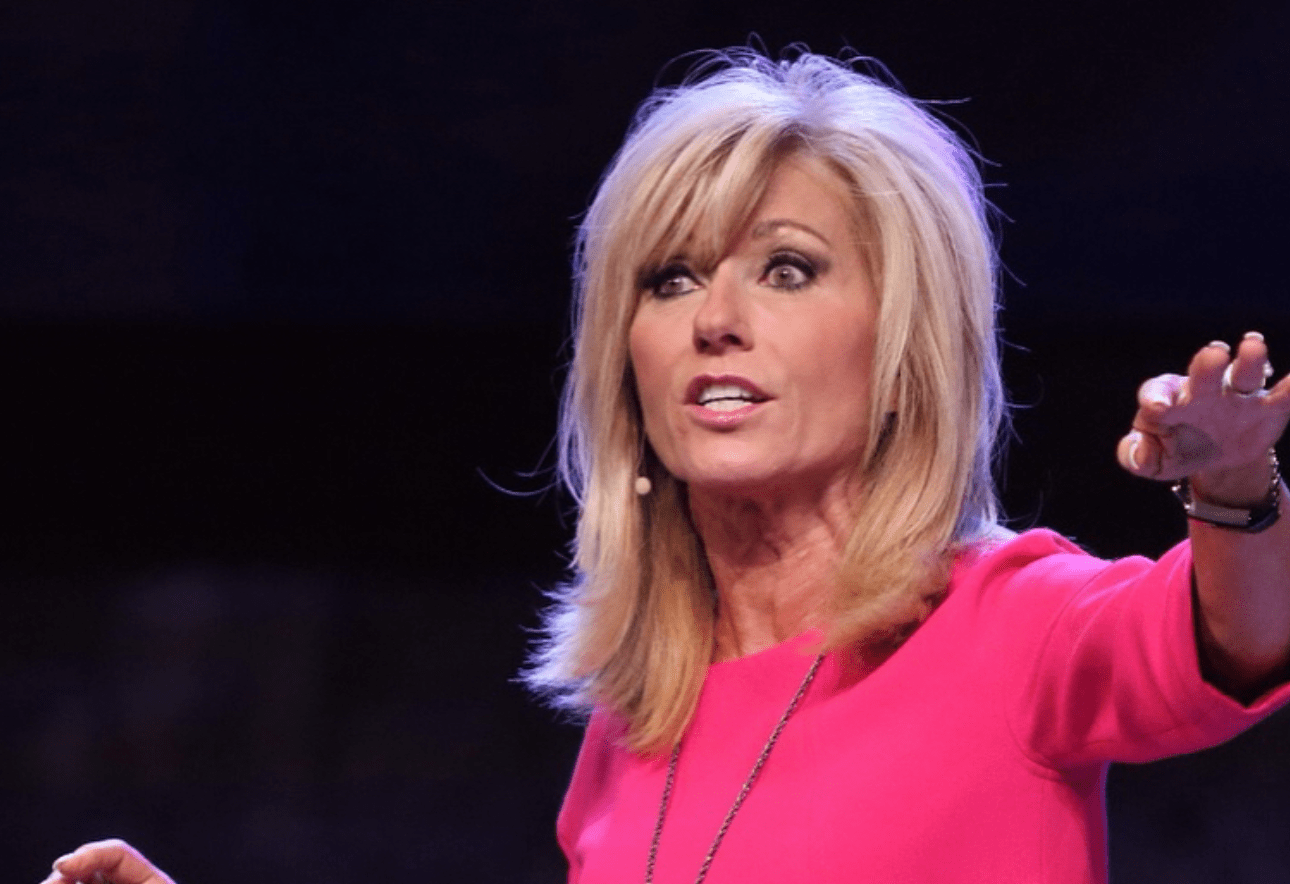By Stephen Feinstein
Greetings everyone! I am pleased to announce that I submitted a resolution proposal concerning Critical Race Theory and Intersectionality in order to solve any confusion that was caused by Resolution 9 from 2019. Truly, I believe this is the best proposal on the market at this point.
I say that not because I am the one who submitted it, but because I had help from brothers who know the details of Critical Race Theory. What you will notice is both precision and accuracy.
So why this proposal when another highly publicized one has already been submitted? In all honesty, that proposal will likely never make it to the floor. It does not adequately define CRT. Furthermore, it lacks the precision to such a point that it is open to the charge of being a straw man caricature. If we are to repudiate the CRT/I, then it should be with a resolution that can hold up to both the scrutiny and challenges to come. I am confident that this resolution has a better chance of making it to the floor. It avoids hyperbolic exaggeration and deals honestly with CRT/I. Admittedly, it is more complicated than its counterpart, but Southern Baptists have had two years to think about this subject. They understand it better now than they did in 2019, and therefore they can understand a more detailed resolution.
I pray that this will help us finally get past this controversy so we can focus our energy on fulfilling the Great Commission and repudiating other threats to that effort that may arise. God bless.
On Critical Race Theory and
Intersectionality
WHEREAS, Concerns have been
justifiably raised by some evangelicals over the use of critical race theory
and intersectionality; and
WHEREAS, critical
race theory, which emerged from critical legal studies, views racism as “central,
endemic, permanent,” challenges claims of “objectivity,” “neutrality,” and
“colorblindness,” insists that “experiential knowledge” is critical to
understanding racism, and sees racism as part of a “interlocking systems of
oppression” that include sexism, classism, and heterosexism; and
WHEREAS, intersectionality emerged from critical race theory,
came into full expression through feminist theory, and affirms that “events and
conditions of social and political life and the self can seldom be understood
as shaped by one factor”; and
WHEREAS,
critical race theory and intersectionality are principally concerned with
oppression and emancipation (often unbiblically defined) and consequently
divide humanity into groups of oppressors and oppressed, and see temporal
oppression, rather than sin, as humanity’s chief problem to overcome; and
WHEREAS,
critical race theory and intersectionality rely on standpoint epistemology to
argue that members of oppressed groups have special access to truth unavailable
to members of oppressor groups, which undermines the biblical text as the
ultimate locus of authority, and thus undermines the perspicuity of Scripture
to all people; and
WHEREAS,
critical race theory and intersectionality incorrectly view claims of
objectivity, neutrality, and colorblindness as mere mechanisms by which
dominant groups preserve their power and privilege, thus undermining biblical
injunctions to impartiality; and
WHEREAS,
critical race theory often interprets any criticism of it as a defense of white
supremacy, racism, and/or whiteness, thereby foreclosing on dialogue or
disagreement; and
WHEREAS,
scholars employing critical race theory and intersectionality do sometimes
offer accurate explanations
of how race has and continues to function in society or how different facets of
identity intersect and interact to inform and affect one’s experience; and
WHEREAS, the
biblical doctrine of general revelation accounts for the fact that truth can
sometimes be found embedded in false and unbiblical ideologies, which is part
of God’s common grace, and thus any accurate insights from critical race theory
and intersectionality could be derived independently of them; and
WHEREAS, The Baptist Faith and
Message states, “All Scripture is totally true and trustworthy. It reveals the
principles by which God judges us, and therefore is, and will remain to the end
of the world, the true center of Christian union, and the supreme standard by
which all human conduct, creeds, and religious opinions should be tried”
(Article I); and
WHEREAS, not
everything critical race theory and intersectionality label as a social ill is
in fact a social ill, and where they correctly identify a social ill, critical
race theory and intersectionality are incapable of diagnosing and redressing the
root cause, which results from sin; and
WHEREAS,
critical race theory and intersectionality oftentimes label biblical truths
like sexual norms and the gender binary as social ills that foster oppression,
thereby demonstrating anti-biblical animus; and
WHEREAS,
critical race theory and intersectionality are secular frameworks nested within
a secular and godless ideology and are prone to distort any accurate
observations they may make, and therefore neither framework can be integrated
with the faith once and for all delivered to the saints in any consistent
manner; and
WHEREAS, Scripture contains categories and
principles by which to deal with racism, sexism, oppression, injustice, and
abuse that are not rooted in secular ideologies; and
WHEREAS, Humanity is primarily
identified in Scripture as image bearers of God, even as biblical authors
address various audiences according to characteristics such as male and female,
Jew and Gentile, slave and free; and
WHEREAS, The New Covenant
further unites image bearers by creating a new humanity that will one day
inhabit the new creation, and that the people of this new humanity, though
descended from every nation, tribe, tongue, and people, are all one through the
gospel of Jesus Christ (Ephesians 2:16; Revelation
21:1–4, 9–14); and
WHEREAS, Christian citizenship
is not based on our differences but instead on our common salvation in
Christ—the source of our highest, most pervasive, and ultimate identity
(Galatians 2:20; Philippians 3:1-11); and
WHEREAS, The Southern Baptist
Convention is committed to racial reconciliation and unity built upon biblical
presuppositions and is committed to seeking biblical justice through biblical
means; now, therefore, be it
RESOLVED, That the messengers
to the Southern Baptist Convention meeting in Nashville, TN, June 15–16, 2021,
affirm Scripture as the first, last, and sufficient authority with regard to
how the Church seeks to redress social ills, and we reject any conduct, creeds,
religious opinions, or secular ideas which contradict Scripture; and be it
further
RESOLVED, That Christians can
and should recognize when scholars employing critical race theory and
intersectionality affirm actual truths rooted in general revelation and
therefore compatible with Scripture; and be it further
RESOLVED, That it be understood
that Scripture contains categories and principles by which to deal with
oppression; and be it further
RESOLVED, That any and all
worldviews in which critical race theory and intersectionality are central,
critical, or fundamental must be rejected as incompatible with Christianity;
and be it further
RESOLVED, That the gospel of
Jesus Christ alone holds the power to grant salvific change to both people and
society because “the truth is in Jesus, to take off your former way of life,
the old self that is corrupted by deceitful desires” (Ephesians 4:21-22); and
be it further
RESOLVED, That Southern
Baptists will carefully analyze how the claims made by these disciplines are
employed to address social concerns; and be it further
RESOLVED, That we deny that any
group is socially situated in a way that prevents its comprehension of the
truths of Scripture; or that any group is socially situated in a way that
causes special or unique insight into the truths of Scripture; and be it
further
RESOLVED, That while we
denounce any faulty assumptions and/or claims of critical
race theory and intersectionality, we do not deny that institutional racism (defined as explicit laws or unwritten policies
which encourage racial discrimination) can exist, and that ethnic, gender, and cultural
distinctions have at times been egregiously weaponized to oppress and
marginalize certain groups and constituencies which greatly grieves
the Spirit of God and must be denounced and rejected by all who name the name
of Christ, recognizing that God's creativity and beauty are seen in the
diversity of His people to the end of His absolute glory and praise when
all His people will be gathered around His holy throne in
worship (Rev 7:9) through the redemption
accomplished and applied by His Son and our Savior, the resurrected
Christ: and be it finally
RESOLVED, That Southern Baptist
churches seek to exhibit this eschatological promise in our churches by
focusing on our absolute unity in Christ as diverse image bearers who
worship together the one true and living God, serve and love one another
deeply, and wait expectantly for the glorious return of our God and Savior
(Revelation 22:20-21)!










